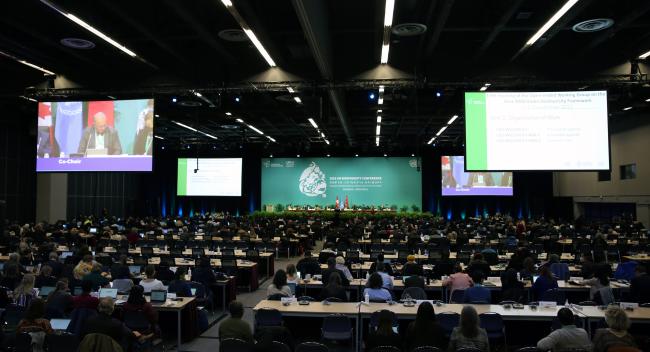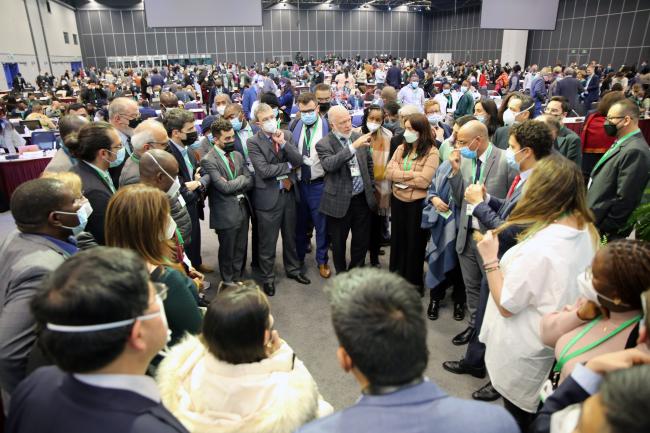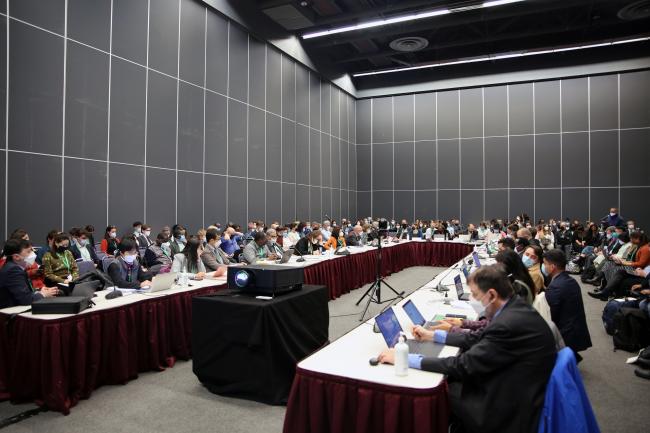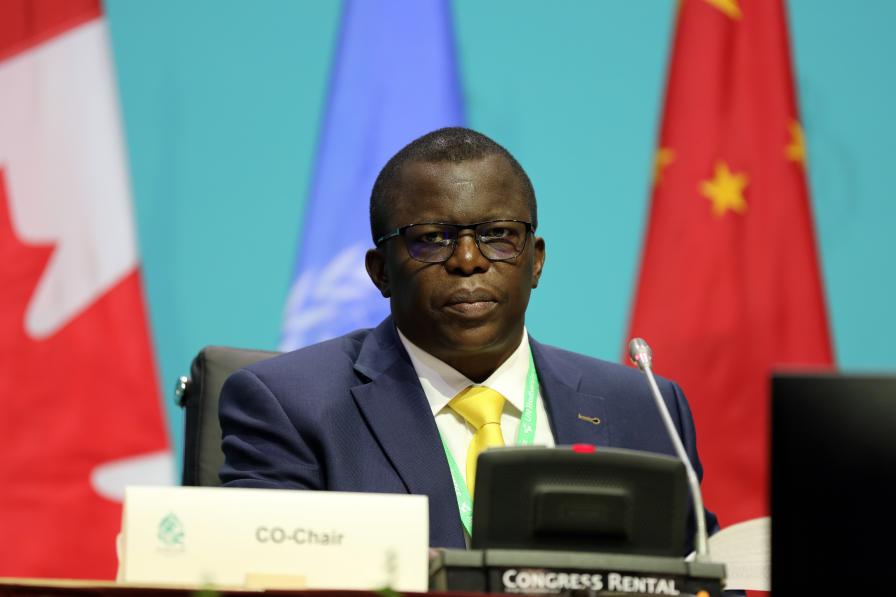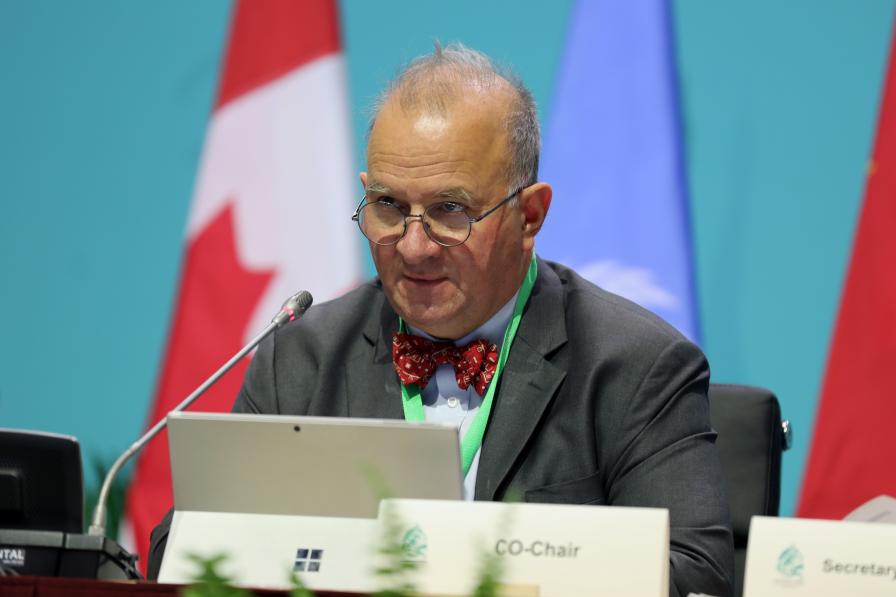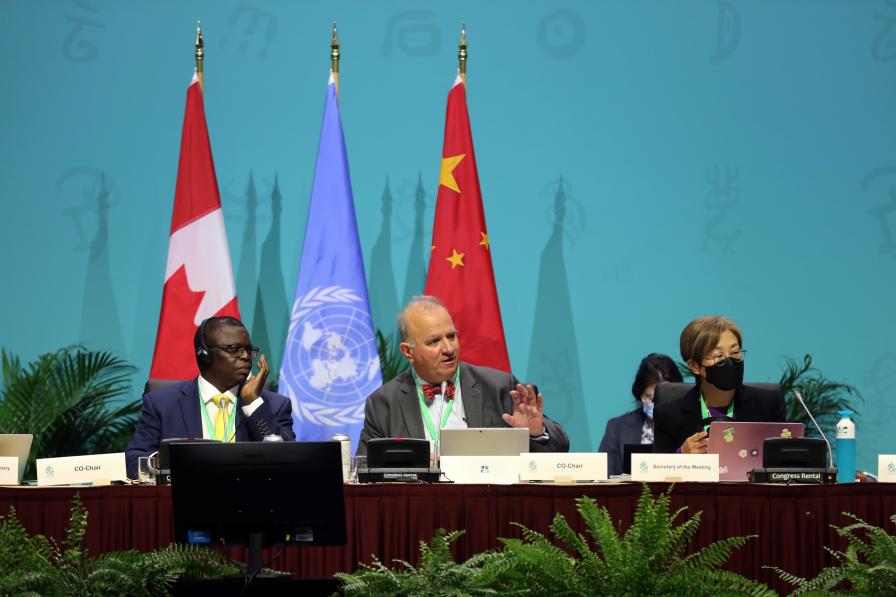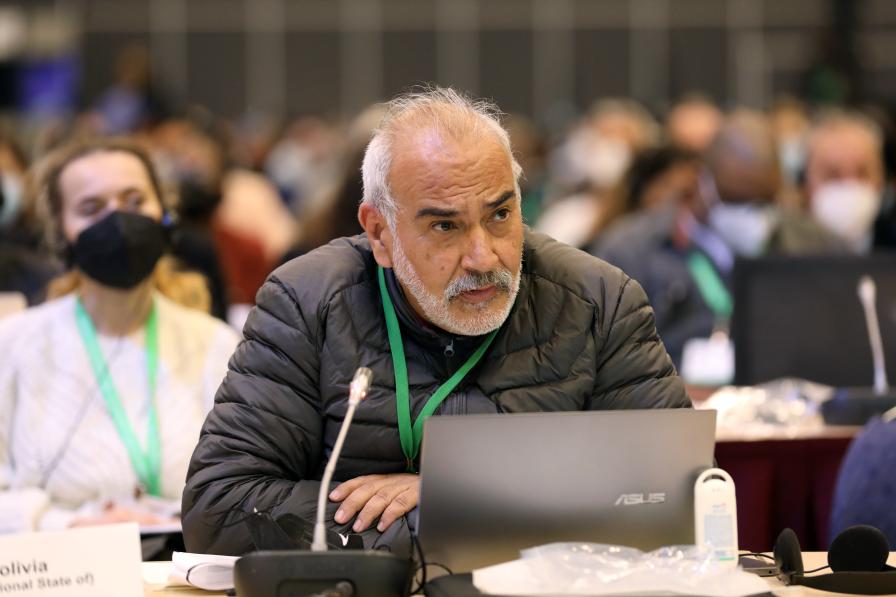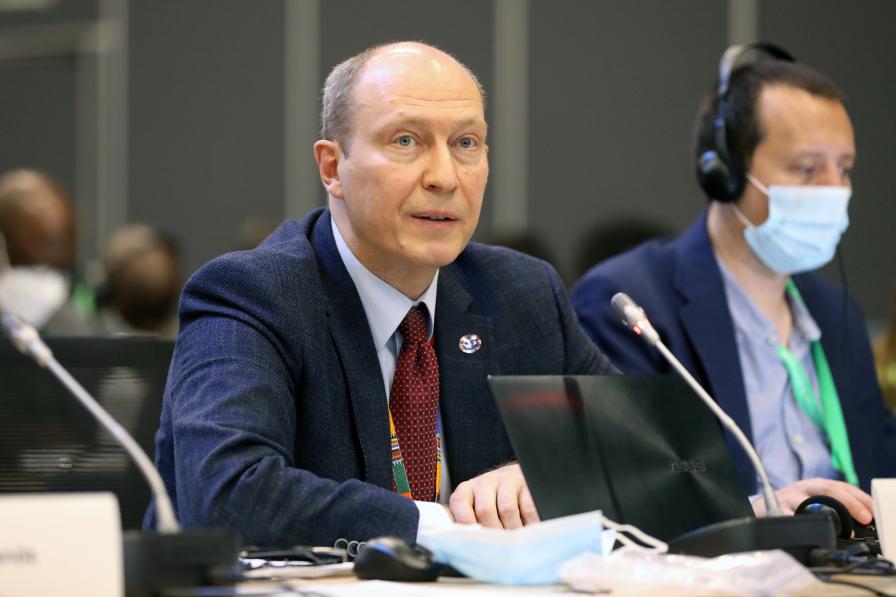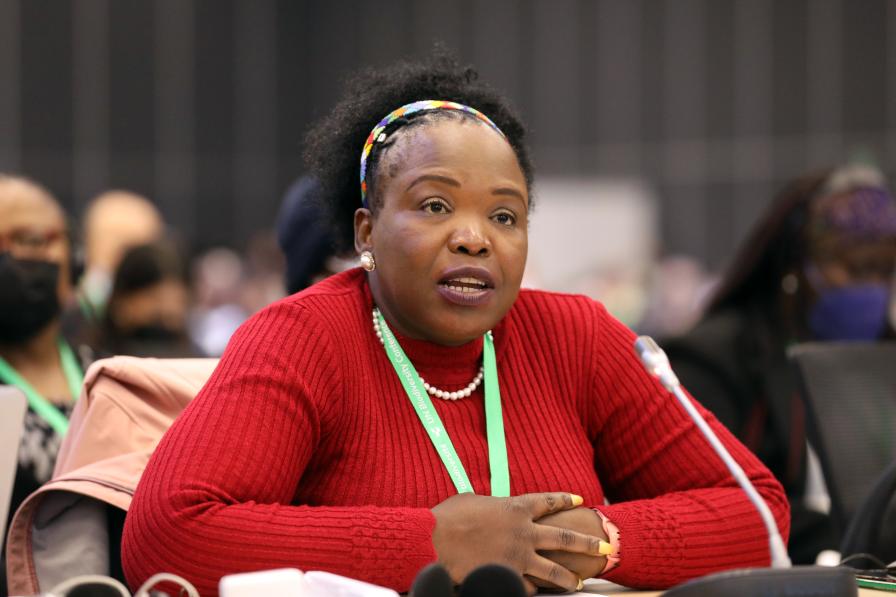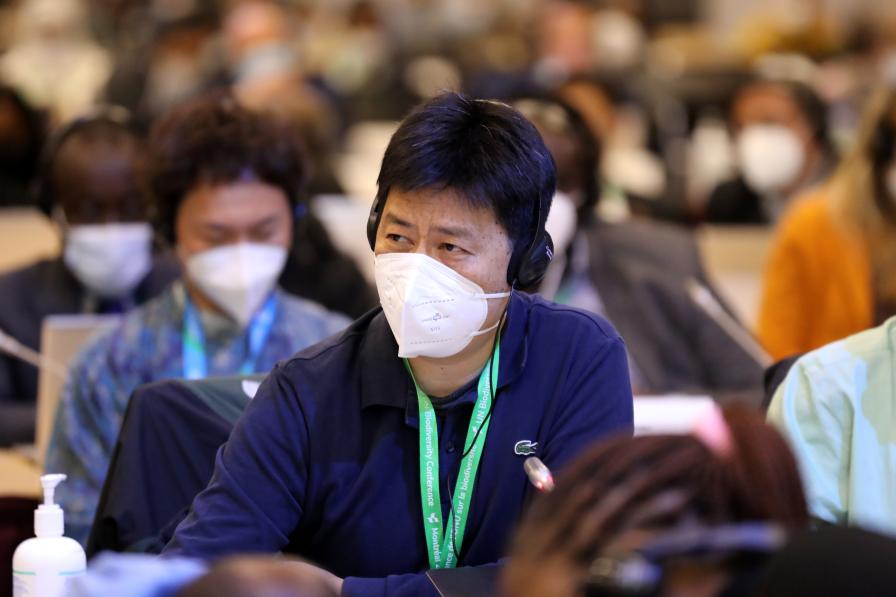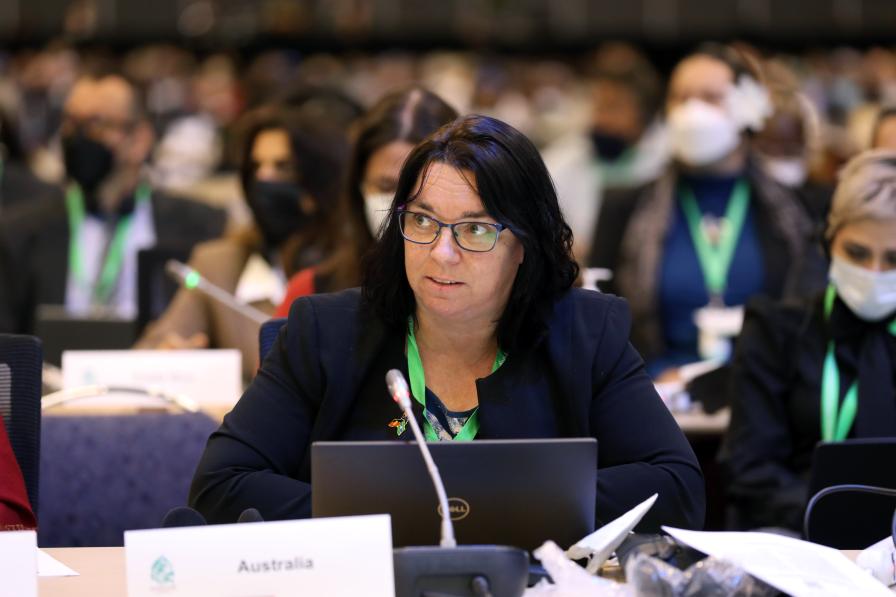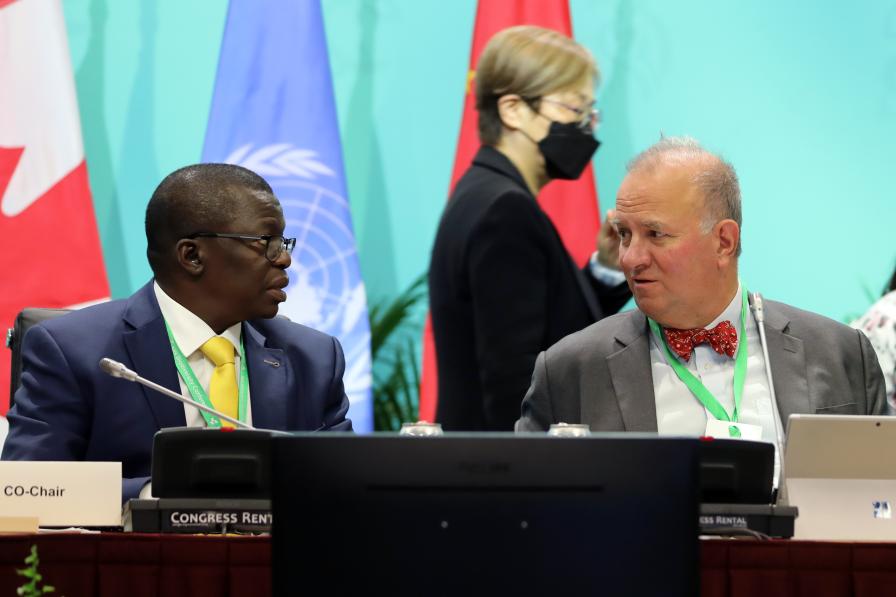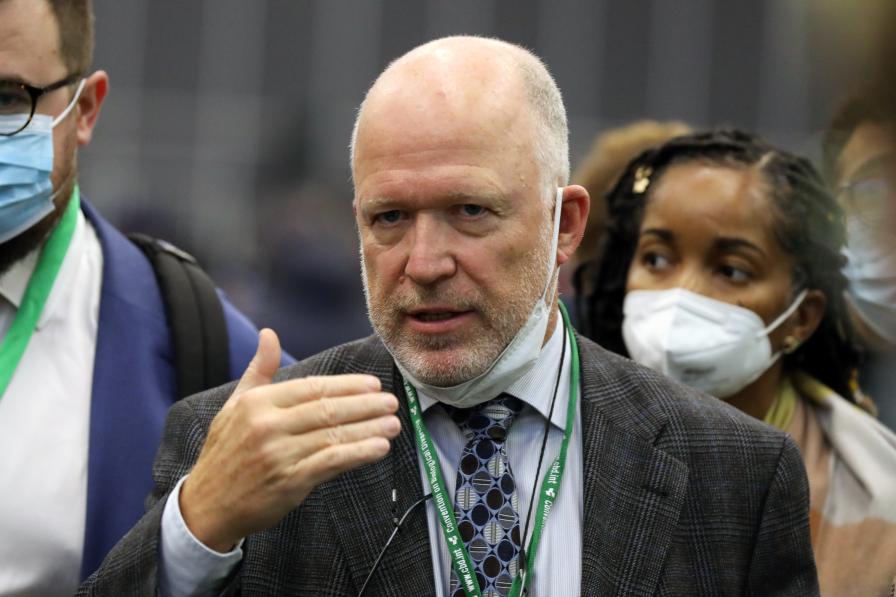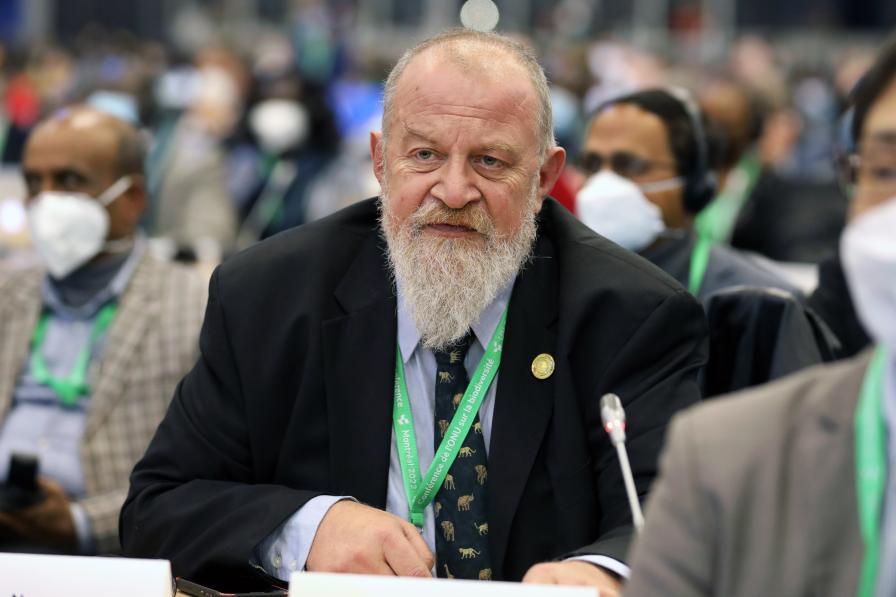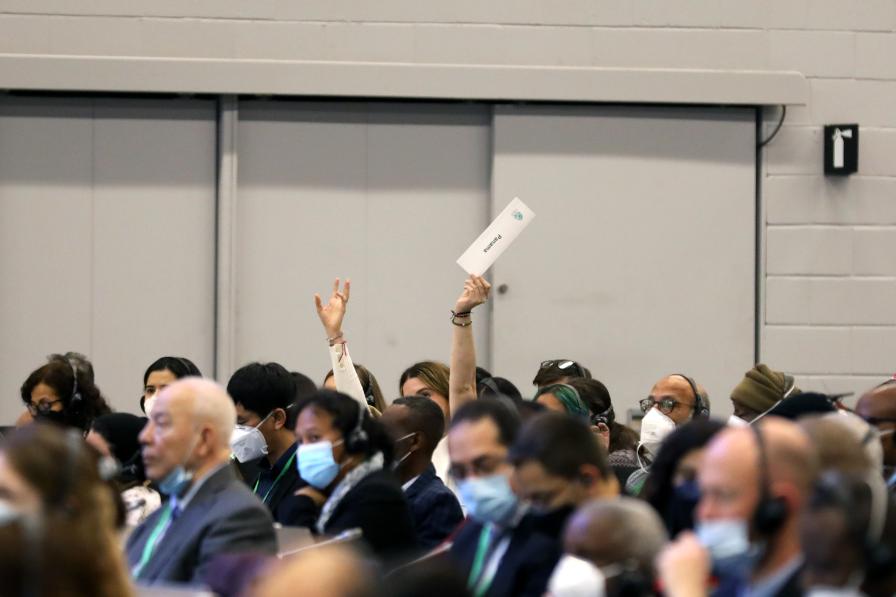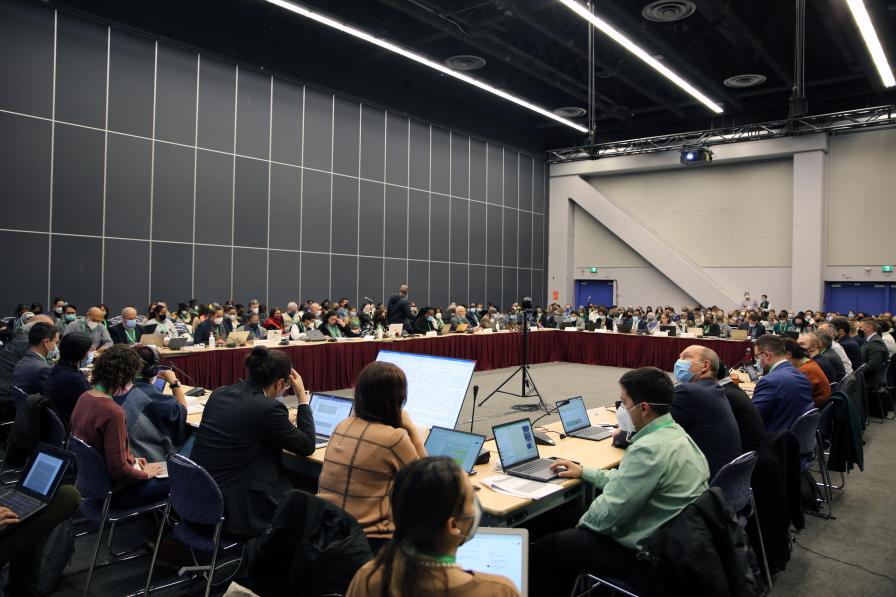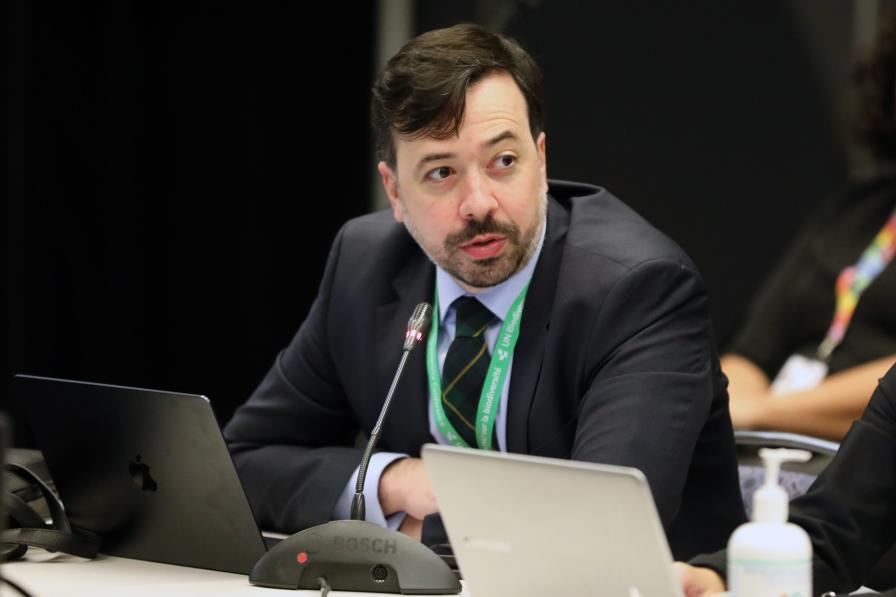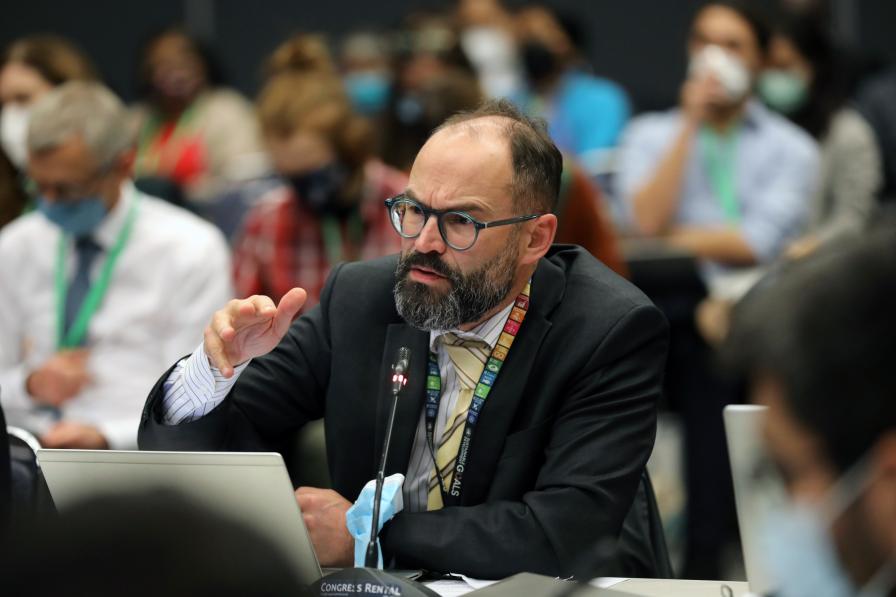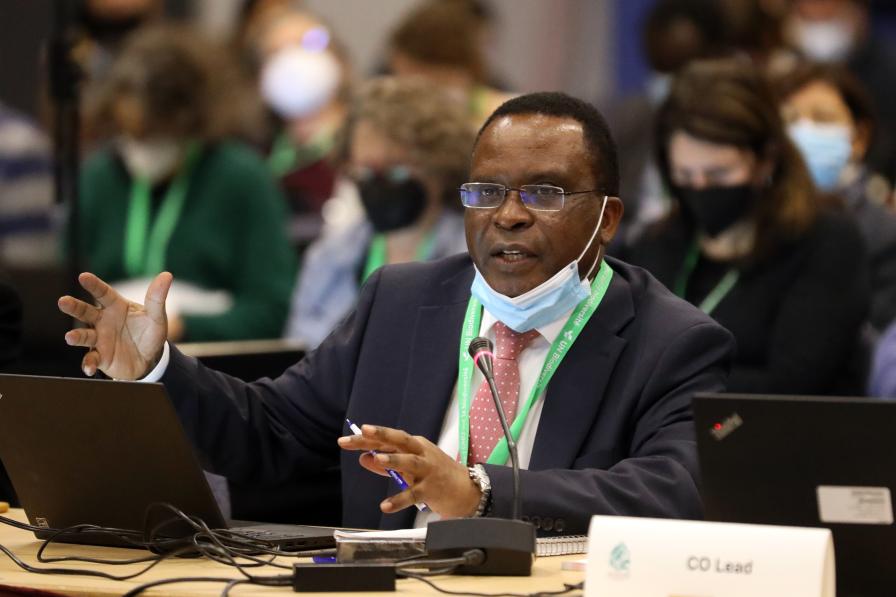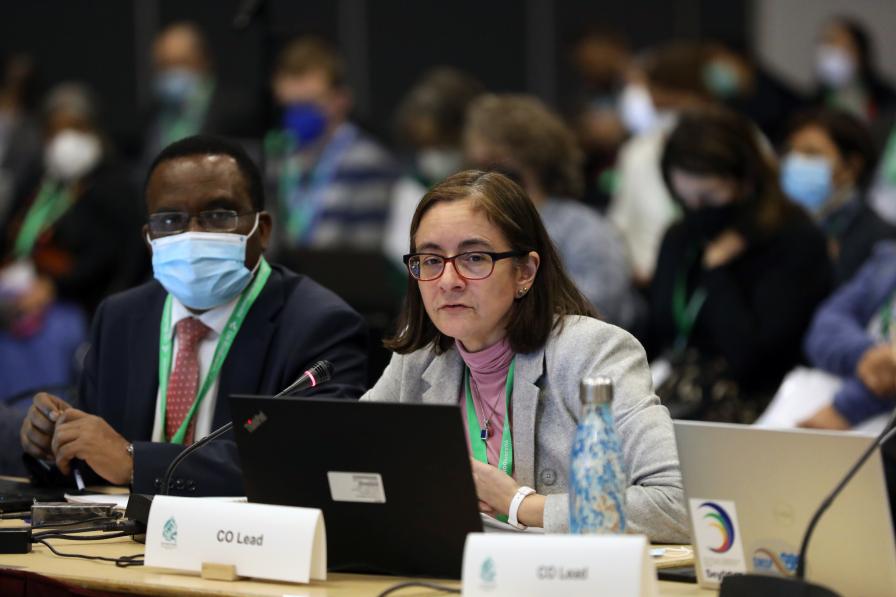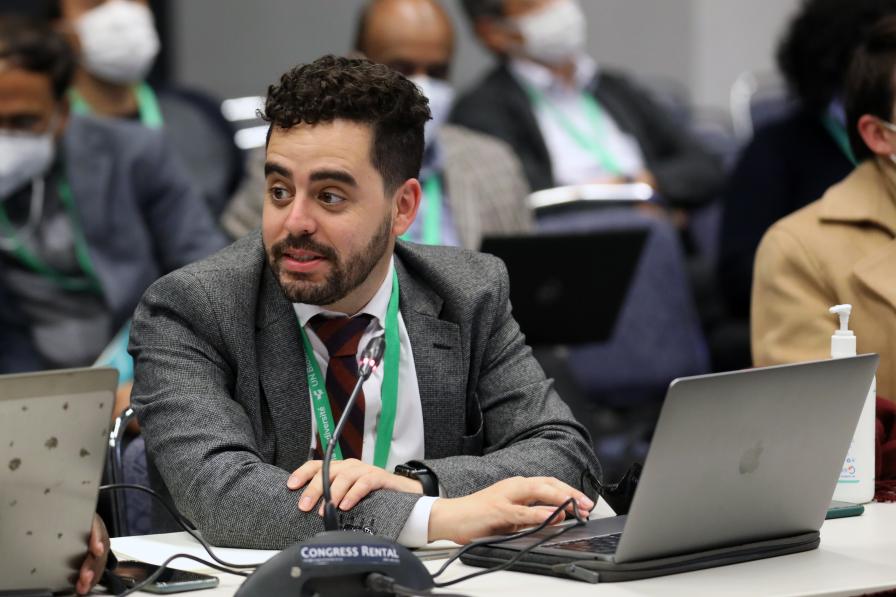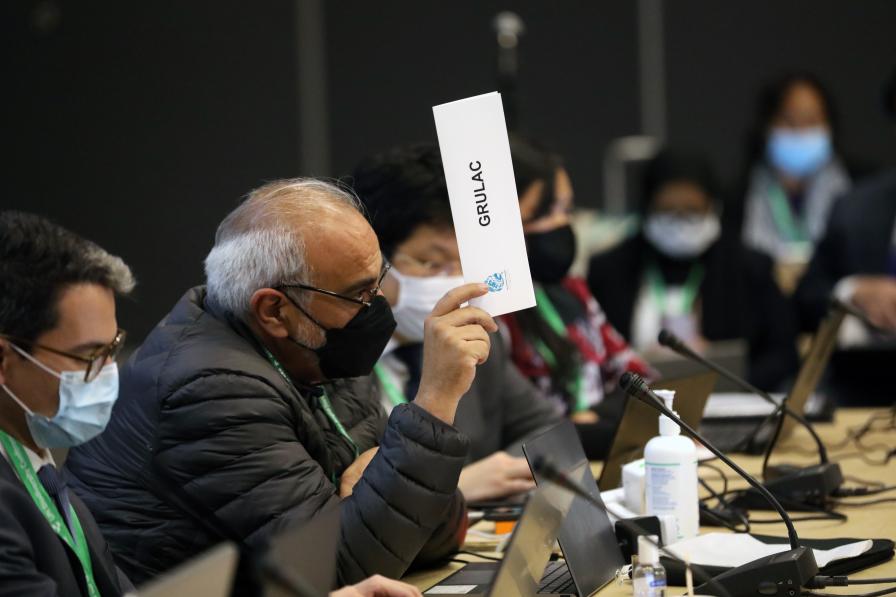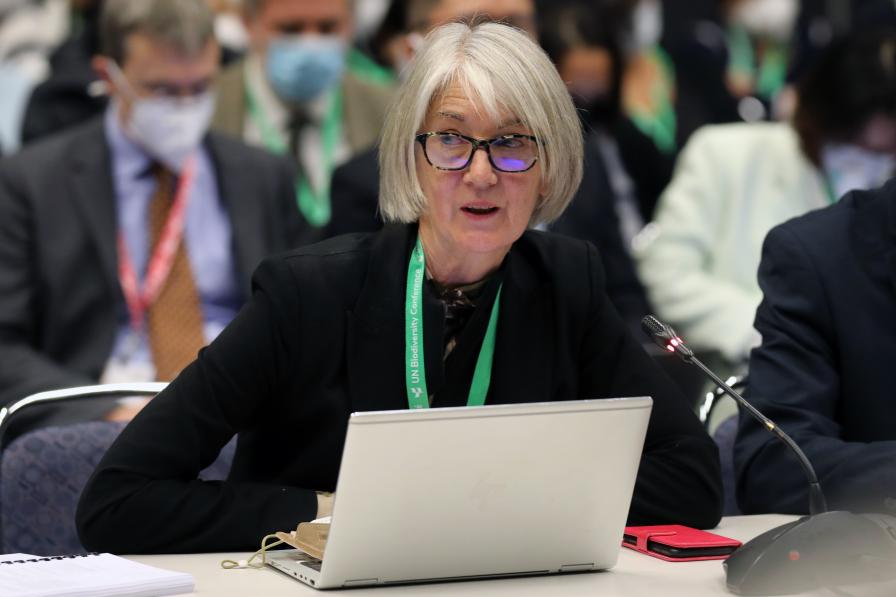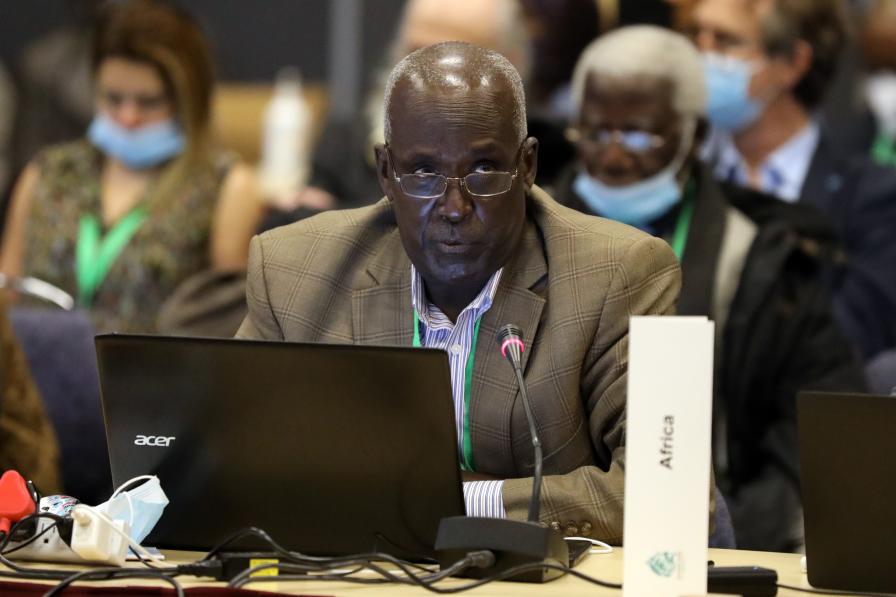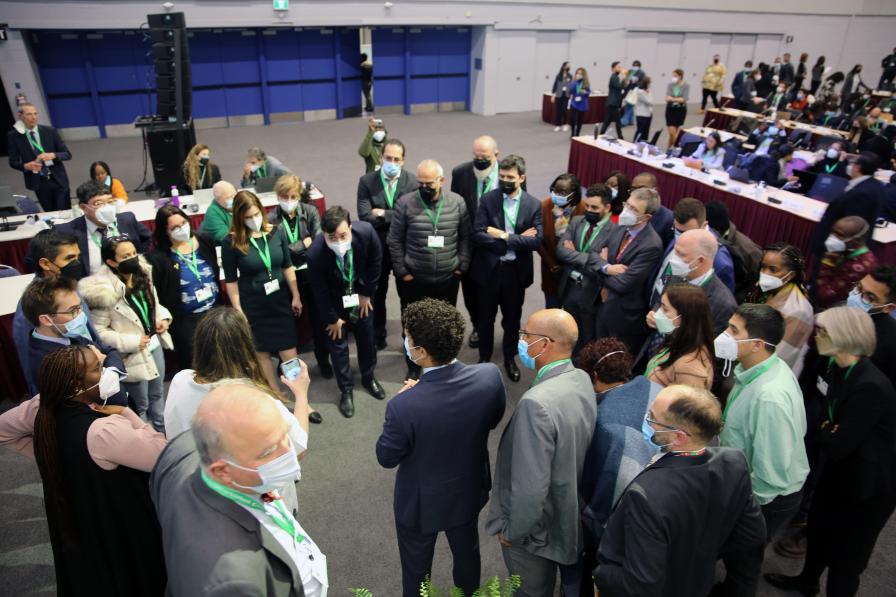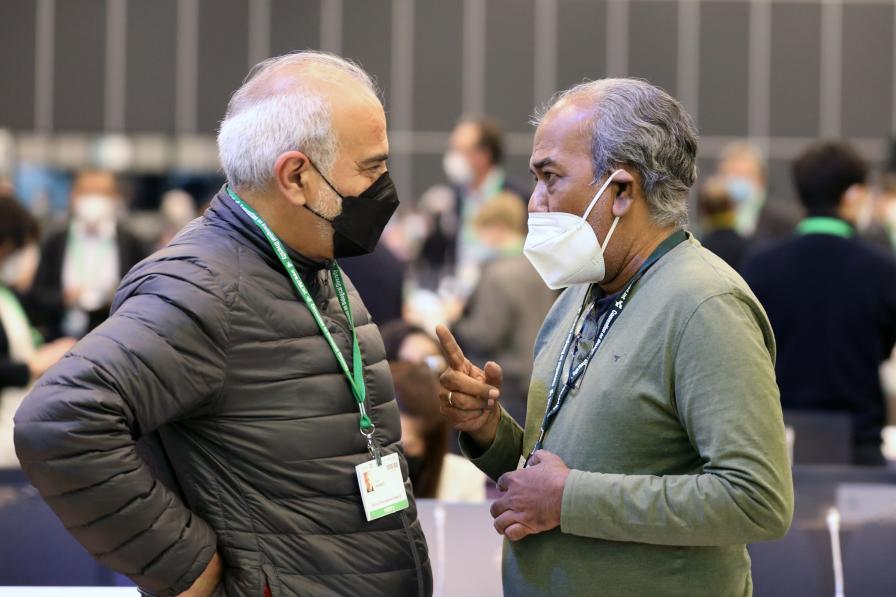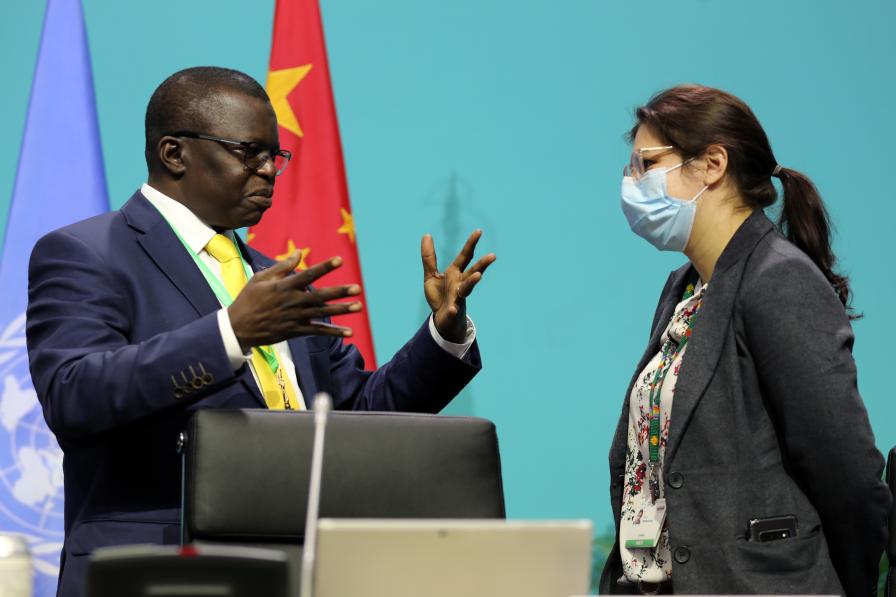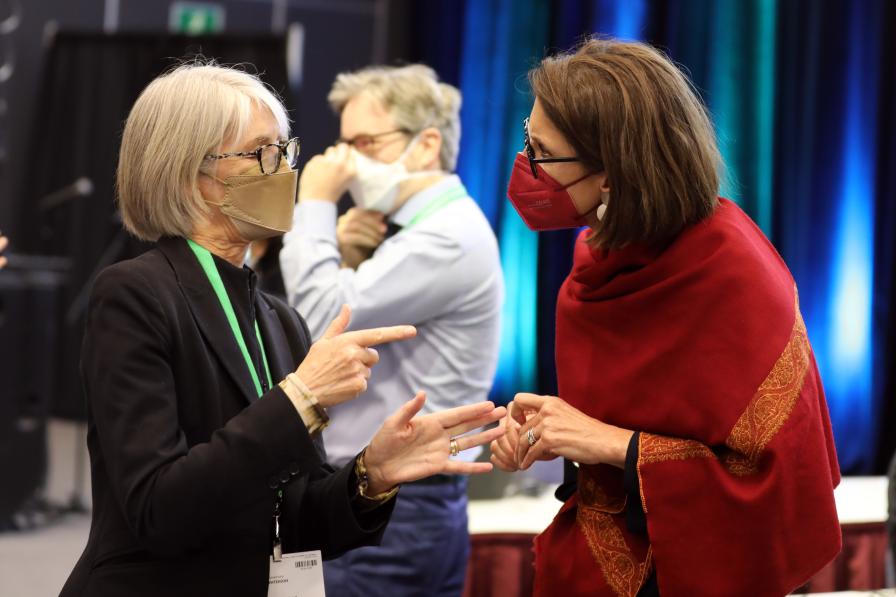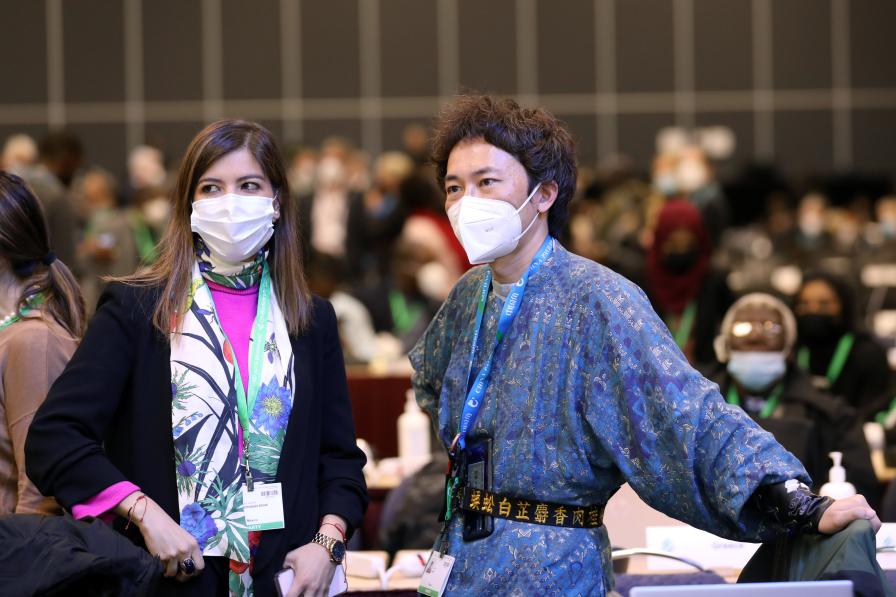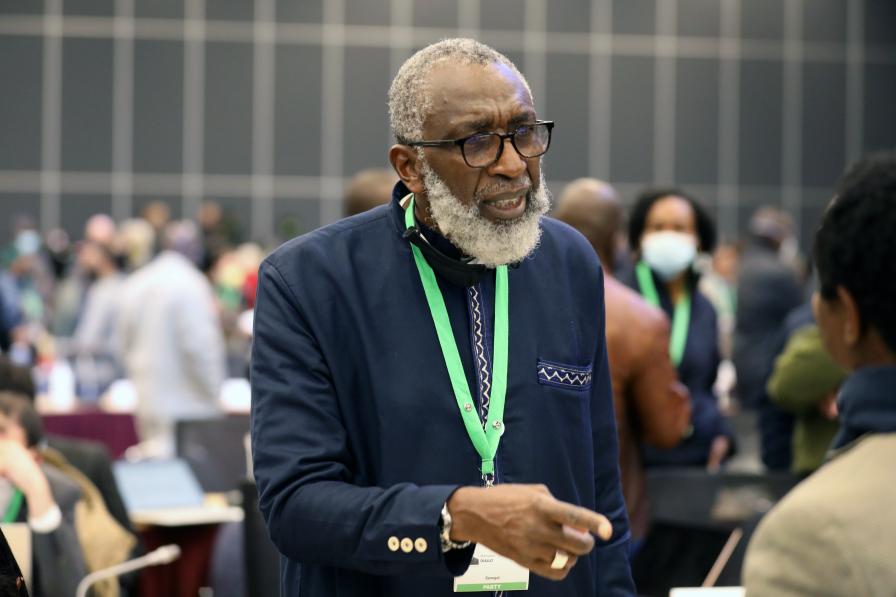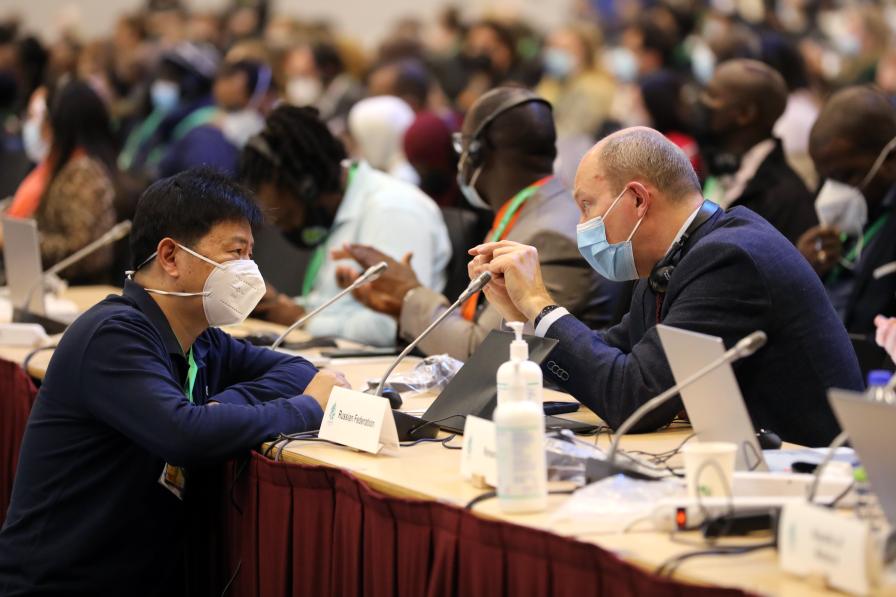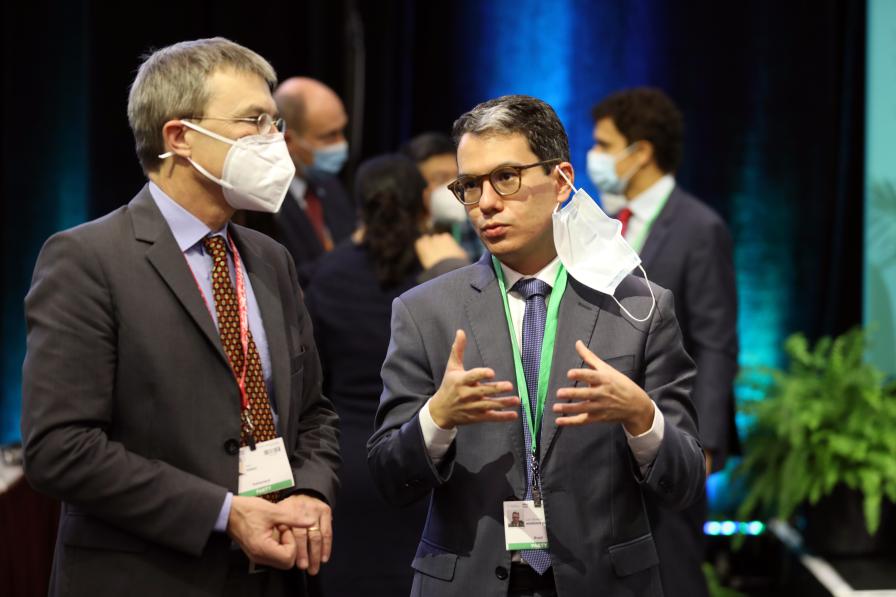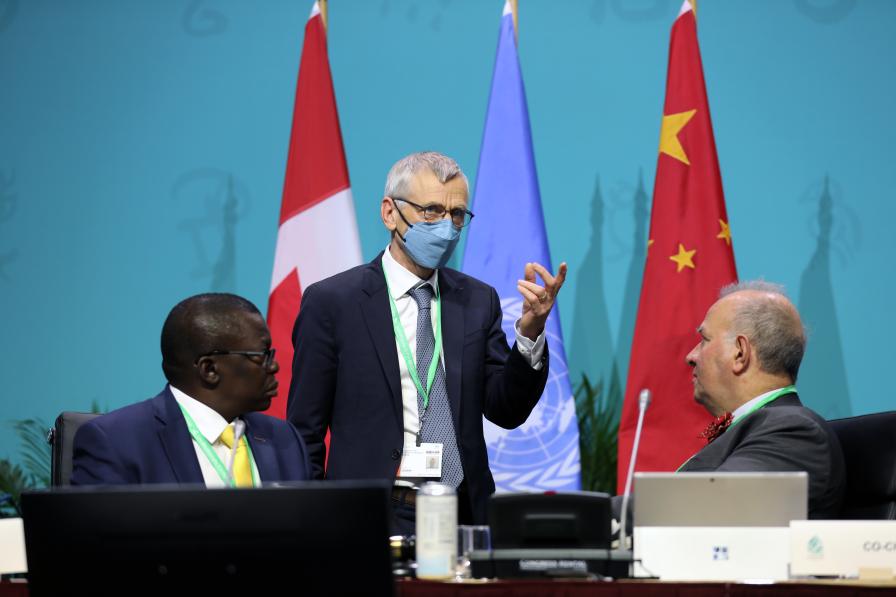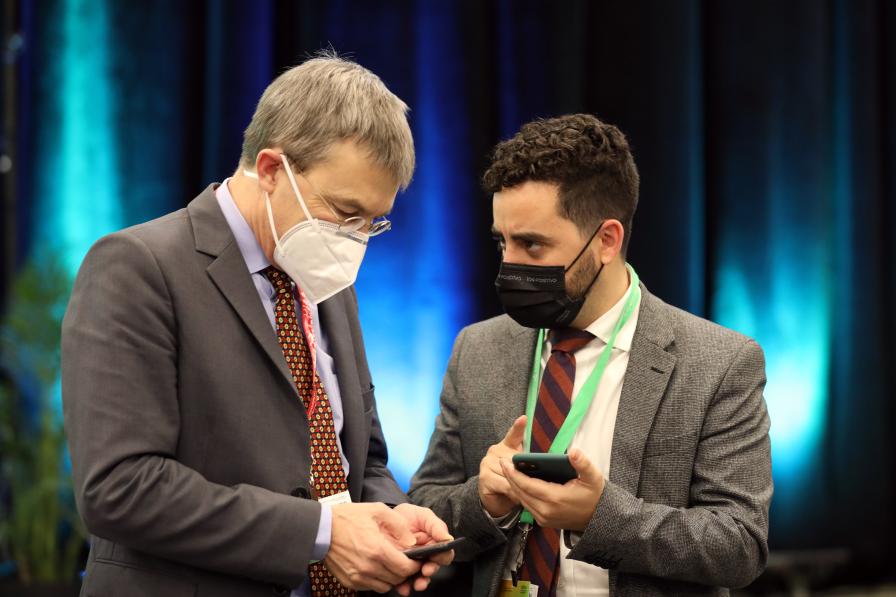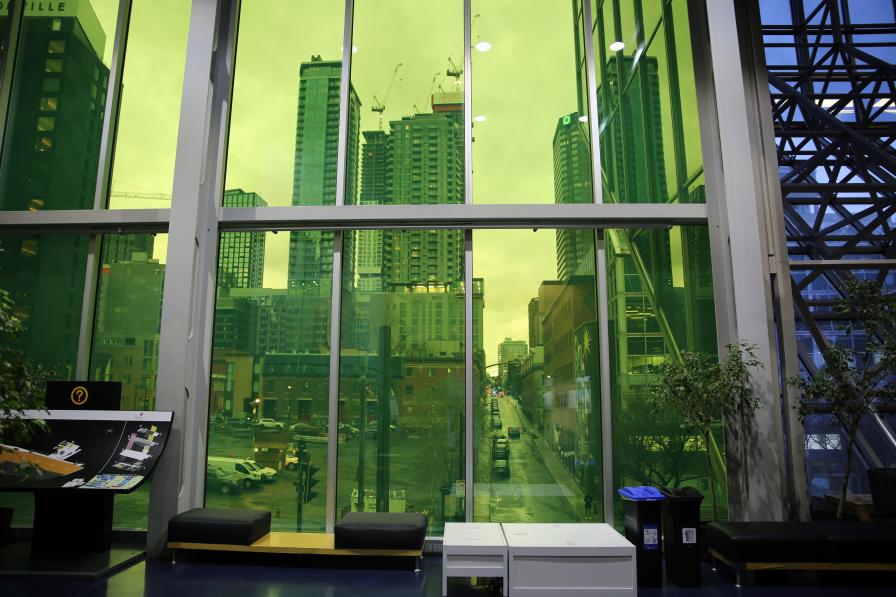The fifth meeting of the Open-ended Working Group on the post-2020 global biodiversity framework (GBF) of the Convention on Biological Diversity (CBD) opened Saturday in Montreal, Canada, in a final effort to conclude a draft GBF before the fifteenth meeting of the Conference of the Parties (COP 15) to the CBD, which will convene in four days.
Want to dive deeper? Read the full Earth Negotiations Bulletin daily report available in English ou en Français.
After hearing reports and addressing organizational matters, plenary had an intense debate regarding which draft to use as the basis for negotiations: the “official text” resulting from the fourth meeting of the Working Group (WG2020-4), containing several options and multiple square brackets, or the shorter and streamlined, but not negotiated, text developed by a regionally balanced informal group. Delegates eventually agreed that the contact groups will discuss the WG2020-4 outcome alongside the informal group’s streamlined text.
Plenary then opened discussions on digital sequence information (DSI) with a report on the work of the informal advisory group, which identified enhanced technological and scientific collaboration, and capacity building as a central part of any solution on DSI. Deliberations on DSI continued in a contact group co-led by Lactitia Tshitwamulomoni (South Africa) and Gaute Voigt-Hanssen (Norway).
Delegates stressed, among other issues, the importance of building a fair and equitable system for DSI-related benefit-sharing, including relevant scientific cooperation, capacity building, and technology transfer. Many expressed preference for a multilateral approach to benefit-sharing from DSI use, while others suggested exploring hybrid approaches. Some underscored the need for a clear definition on DSI, while others emphasized that the lack of such definition should not be an obstacle for negotiations. Interventions also highlighted the importance of involving Indigenous Peoples and local communities (IPLCs), the benefits of mutual supportiveness between international processes, and the need for providing certainty and practicability for businesses and research.
In the evening, the contact group discussed a non-paper produced by the co-leads, outlining elements to be included in a draft decision on DSI for consideration by COP 15.
A contact group co-led by Anne Teller (EU) and Jorge Murillo (Colombia) started text negotiations on draft targets, while another, co-led by Marie-May Muzungaile (Seychelles) and Carolina Caceres (Canada), focused on the draft GBF’s sections. Progress in contact groups was mixed: adding text was alternating with removing brackets and producing clean text on several targets. As contact group negotiations continued in the evening, this left many wondering if, four days before COP 15, the necessary sense of urgency has been found.
To receive free coverage of global environmental events delivered to your inbox, subscribe to the ENB Update newsletter.
All ENB photos are free to use with attribution. For the United Nations Biodiversity Conference, please use: Photo by IISD/ENB | Mike Muzurakis
Plenary Session
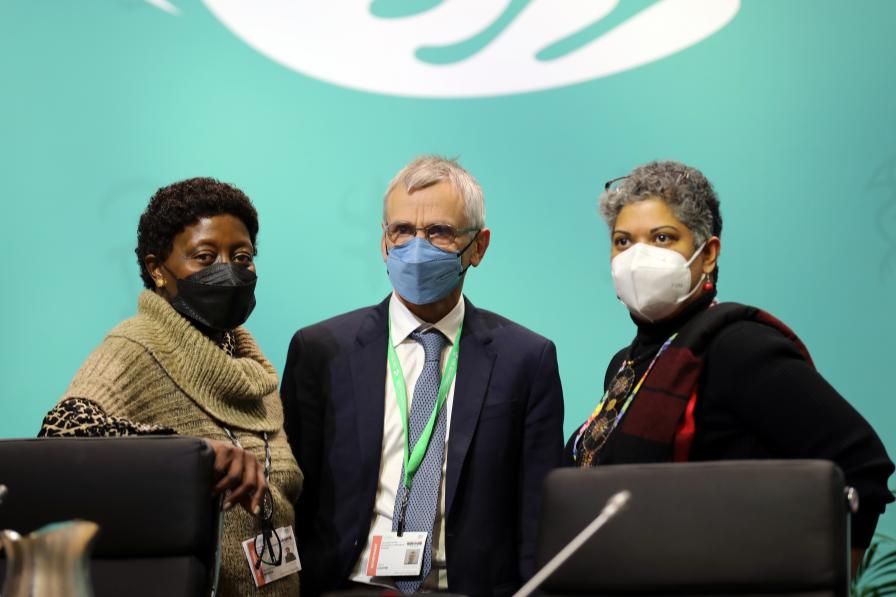
From L-R: Elizabeth Maruma Mrema, CBD Executive Secretary; David Cooper, CBD Deputy Executive Secretary; and Ailis Rego, CBD Secretariat

